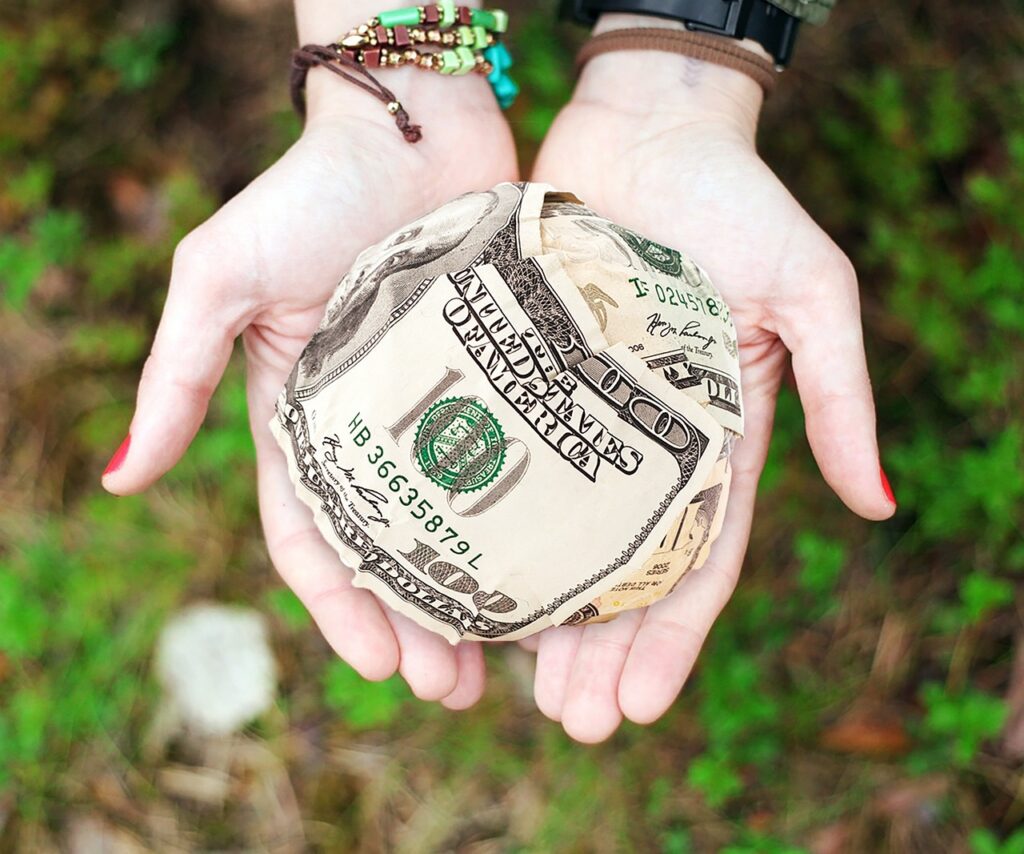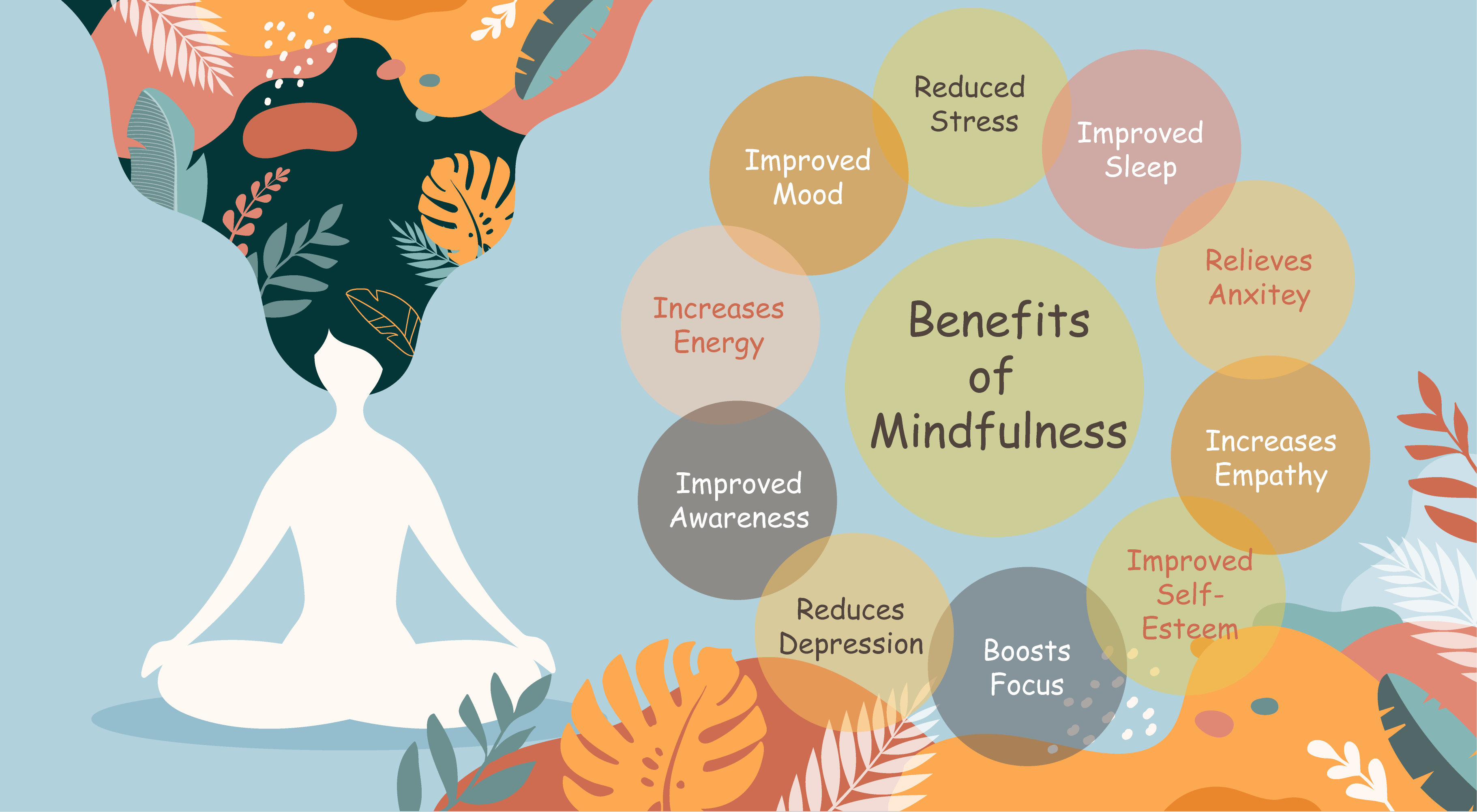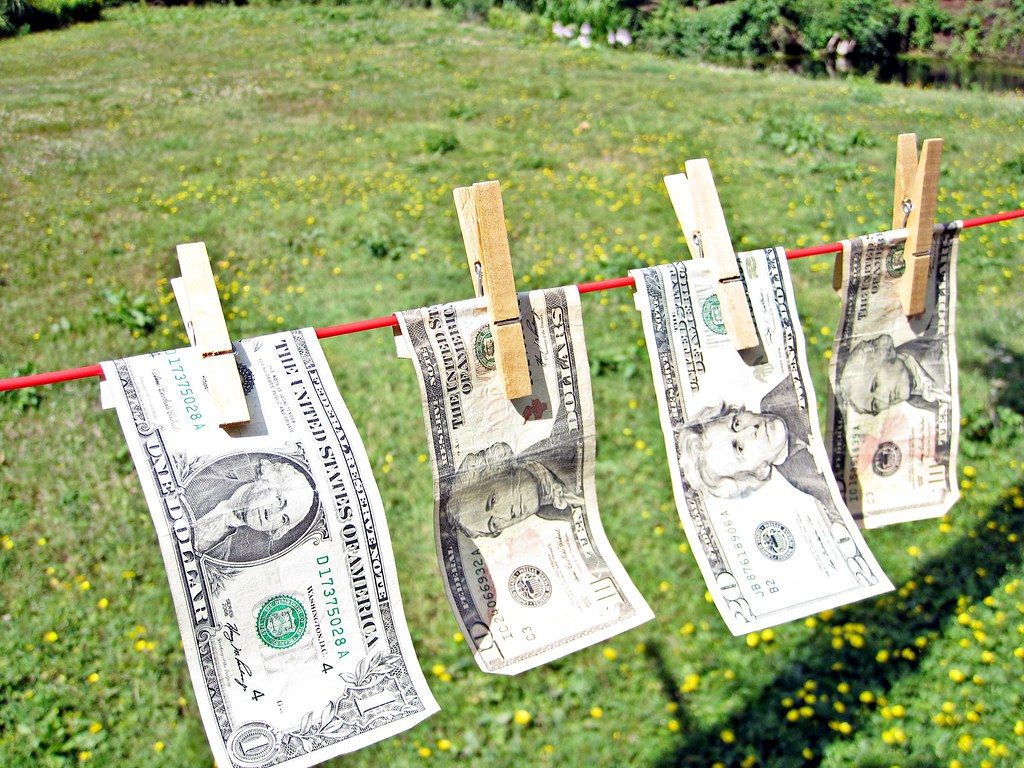
We’ve all encountered the age-old adage: “Money can’t buy happiness.” This sentiment, often deeply ingrained in popular culture, has long served as a cautionary tale against materialism. However, recent advancements in behavioral economics and consumer neuroscience challenge this simplistic view, revealing a more nuanced and compelling truth. While mindless accumulation of possessions may indeed offer only fleeting gratification, strategic and intentional spending has been scientifically proven to significantly elevate and sustain levels of personal well-being. The key, it turns out, lies not in the *amount* spent, but in the *types* of purchases made and how they align with fundamental human needs and psychological drivers.
For decades, the “Easterlin Paradox” seemingly provided empirical backing for the anti-consumerist stance, suggesting that beyond a certain point, increased national wealth did not correlate with greater happiness. This theory, positing that happiness depended primarily on relative income and a zero-sum pursuit of status, influenced much academic and public discourse. Yet, this perspective has undergone significant re-evaluation. Modern global studies, including the Gallop World Poll and work by economists like Angus Deaton, have uncovered a strong, consistent relationship between a country’s wealth, material welfare, purchasing power, and its citizens’ reported life satisfaction. This new evidence compellingly suggests that the anti-consumer view, which often condemned consumption without fully understanding its underlying mechanisms, was fundamentally flawed.
This article delves into twelve categories of purchases that, supported by rigorous research and neuroscience, genuinely contribute to lasting happiness and an amplified quality of life. Moving beyond superficial gratification, these investments tap into deep-seated human needs for connection, growth, mastery, and contribution. By understanding the psychological and neuroscientific underpinnings of why certain expenditures yield greater well-being, individuals can make more informed choices that align their financial resources with their pursuit of a richer, more satisfying life. Let us explore how intentional spending can indeed be a powerful catalyst for profound and sustainable happiness.

1. **Experiences Over Objects**Research consistently demonstrates that investing in experiences—ranging from concerts and travel to educational classes—yields higher and more enduring levels of happiness compared to acquiring material possessions. Unlike physical objects, which are subject to comparison and rapid adaptation (the novelty quickly wears off), experiences create lasting memories and stories that enrich our lives over time. They often inherently involve social connection, a fundamental ingredient for human well-being.
The profound impact of experiences stems from several psychological advantages. They provide a unique “three waves of happiness”: the joy of anticipation before the event, the pleasure of engagement during it, and the satisfaction of reliving memories afterward. Neuroscientific insights further support this, indicating that novel experiences, such as exploring a new farmer’s market or visiting an unfamiliar destination, trigger the release of dopamine in the brain, fostering a sense of reward and creating denser memory formations. This neurological response makes time feel richer and more textured, contributing to a phenomenon researchers call “time abundance.”
Moreover, the social dimension of experiences significantly amplifies their happiness effect. Sharing these moments with friends, family, or even strangers, as in the case of a live music event, activates the brain’s bonding hormone, oxytocin, and endorphins, leading to a powerful sense of collective effervescence. This shared joy literally multiplies rather than divides, strengthening relationships and creating a sense of belonging that can resonate for days. Consequently, choosing a weekend getaway or a cooking class over a new gadget is often a more direct route to sustained contentment, offering both personal enrichment and enhanced social capital.
Read more about: Unlock the Universe: Your Ultimate Guide to DSLR Astrophotography – From First Snap to Stellar Masterpiece!

2. **Time-Saving Services**In an increasingly demanding world, the feeling of chronic time pressure significantly erodes happiness. Studies across multiple countries have revealed that deliberately spending money to “buy back” personal time leads to demonstrably greater life satisfaction. This category encompasses a range of services such as meal delivery subscriptions, professional house cleaning, or virtual assistance, all designed to outsource or streamline tasks that are often dreaded or consume valuable hours.
The rationale behind this happiness boost is elegantly simple: by delegating or eliminating burdensome chores, individuals are not merely purchasing convenience; they are making a strategic investment in their mental health and overall well-being. This frees up crucial time and mental energy for activities that genuinely bring joy, relaxation, or personal growth. The research highlights that time-saving purchases reduce stress more effectively than material splurges, liberating individuals from the mental load of impending tasks.
When one chooses to outsource tasks that evoke dread or anxiety, it is not an act of laziness but rather a brilliant strategic decision. The future self, unburdened by the necessity of frantically cleaning before guests arrive or spending hours on meal prep, experiences significantly reduced stress and increased capacity for positive engagement. Even modest investments in these services can yield substantial returns in terms of peace of mind, improved mood, and the invaluable perception of having more control over one’s daily life, translating directly into enhanced happiness.
Read more about: Jamie Oliver’s Culinary Journey: From ‘Naked Chef’ Stardom to Restaurant Empire Rollercoaster
3. **Tools for Creative Expression and Growth**Purchases that enable individuals to create, learn, or develop new skills offer a profound and lasting source of fulfillment that extends far beyond the immediate acquisition of an object. This category includes a broad spectrum of items, such as musical instruments, art supplies, specialized cooking equipment, cameras, or even books that foster intellectual growth and skill development. These are not merely passive possessions; they are gateways to ongoing experiences, personal mastery, and tangible achievements.
The happiness derived from engaging with creative and growth-oriented tools stems from a psychological state known as “flow.” This is a deeply satisfying experience characterized by being wholly absorbed in an activity that is challenging yet manageable, often leading to a loss of self-consciousness and a heightened sense of purpose. When individuals invest in items that facilitate entry into this state, they are effectively purchasing countless hours of engaged activity, continuous learning, and the intrinsic satisfaction of making progress and achieving competence.
Furthermore, the act of learning and personal development consistently correlates with higher life satisfaction. Whether through acquiring new knowledge from books, enrolling in online courses, participating in coaching sessions, or tackling “counterintuitive challenges” like difficult hikes, these investments expand one’s capabilities and perspective. The joy comes not solely from the information gained, but from the empowering sense of progress and the development of a richer identity story. Therefore, selecting tools that align with genuine interests and promise active engagement, rather than mere admiration from a shelf, is a highly effective strategy for cultivating sustained happiness and personal enrichment.
Read more about: Beyond the Banquet: Unpacking the ‘Succession’ Cast’s Real Food & Style Habits, and the Roys’ Power Plays with Palates

4. **Social Connection Facilitators**Of all the predictors of happiness, strong social relationships consistently rank as the most significant, often surpassing the influence of genetics, wealth, or fame, as evidenced by extensive longitudinal research. Consequently, any purchase that actively fosters meaningful connections and strengthens social bonds represents an exceptionally valuable investment in well-being. This can range from practical items like board games designed for family nights and specialized cooking equipment for hosting friends, to more experiential investments such as memberships in clubs or classes that facilitate meeting like-minded individuals.
The critical distinction for these purchases lies in their capacity to enable genuine interaction rather than merely providing solitary entertainment or replacing human contact. While technology can be a tool for connection, the emphasis should be on items that bridge distances meaningfully or, ideally, bring people together in real-life settings. Spending on shared meals, group activities, or travel to visit loved ones are not mere expenses; they are deposits into an emotional retirement account, yielding substantial dividends in terms of strengthened relationships, mutual support, and shared joy for decades to come.
These investments tap into humanity’s deep-seated need to belong and affiliate, an evolutionary pressure known as social selection. Our brains are wired to derive profound positive emotions from feeling valued by others, which activates reward centers in the brain, including the medial prefrontal cortex. Purchases that facilitate these interactions act as powerful social signals, helping us convey who we are and strengthening the social groups through which we gain a sense of belonging. The happiness dividend derived from these fortified relationships undeniably far outweighs the gratification offered by most material indulgences.
Read more about: The Streaming Wars Are Over: Unpacking the Bundle Economy, M&A Reshaping Hollywood, and the Future of Digital Entertainment

5. **Charitable Donations and Generosity**Counter to the common pursuit of self-indulgence, numerous studies unequivocally confirm that spending money on others generates more profound and lasting happiness than spending it on oneself. This phenomenon, often referred to by scientists as the “helper’s high,” describes the warm rush of positive emotions experienced when contributing to a friend’s lunch, offering support to someone in need, or donating to causes deeply aligned with one’s personal values. The brain’s reward circuits, notably the nucleus accumbens, fire more intensely during acts of generosity, literally rewarding selfless behavior more richly than self-focused consumption.
The act of charitable giving and generosity serves several powerful psychological functions that contribute to well-being. It effectively shifts focus away from personal problems and concerns, fostering a broader perspective and strengthening one’s connection to the larger community and world. This altruistic engagement cultivates a stronger sense of purpose and meaning, which are critical components of sustained happiness. By actively supporting an issue or community one is passionate about, individuals gain a profound sense of fulfillment from positively impacting the world around them.
To maximize the happiness impact of generous spending, it is beneficial to choose causes that resonate deeply with one’s core values. Whenever possible, understanding the specific effect of one’s contribution further amplifies the sense of purpose and satisfaction. Even modest donations can significantly boost mood when there is a genuine connection to the cause and a clear perception of making a difference. This demonstrates that investing in the well-being of others is not just a noble act, but a highly effective strategy for boosting one’s own happiness and reinforcing the fundamental human need to contribute to a greater good.
Read more about: The Hidden Engineering of Your Future: Unpacking the Power and Precision of a Last Will and Testament

6. **Mindfulness and Mental Well-being Products**In an era marked by increasing stress and anxiety, proactive investments in mental well-being are not merely advisable; they are essential for cultivating lasting happiness. Research consistently links mindfulness practices to reduced anxiety, improved emotional regulation, and significantly increased life satisfaction. Consequently, purchases designed to support mental health and foster mindfulness deserve a prominent place on any happiness-oriented spending list. This category is diverse, encompassing items such as gratitude journals, therapeutic massage tools, wellness retreats, meditation apps, and even simple environmental enhancements like houseplants and scented candles.
Unlike many material acquisitions that offer only a fleeting thrill, investments in mental health often yield compounding returns, with benefits that accrue and strengthen over time as individuals develop more robust coping mechanisms and healthier habits. A gratitude journal, for example, trains the brain to consciously focus on positive aspects of life, fostering an optimistic mindset and a greater sense of well-being. Similarly, the presence of houseplants improves air quality and reduces stress, while scented candles create a calming atmosphere, stimulating positive emotions through sensory pathways and promoting relaxation.
These purchases should be viewed not as luxuries, but as fundamental maintenance for one’s psychological health, akin to physical healthcare. A massage tool, whether handheld or electronic, can alleviate tension and promote relaxation, directly contributing to comfort and ease. Investing in practices and tools that cultivate inner calm, reduce stress, and enhance self-awareness is a powerful strategy for buffering against life’s inevitable challenges and proactively building a foundation for sustainable happiness and contentment. Even modest spending in this category can lead to significant improvements in overall quality of life.
Continuing our exploration into the scientifically-backed pathways to enduring happiness, we delve into further categories of intentional spending that optimize personal well-being. These insights, grounded in behavioral economics and neuroscience, transcend mere momentary gratification, offering actionable strategies to enrich one’s life by aligning financial decisions with fundamental psychological drivers.
Read more about: Unlock Your Inner J.Lo: The Superstar’s Age-Defying Morning Workout, Diet, and Wellness Secrets You Can Start Today

7. **Personality-Aligned Purchases**Maximizing happiness from spending requires a nuanced understanding that not all patterns yield equal results for every individual. Research consistently demonstrates that individuals experience a greater and more profound sense of satisfaction when their monetary allocations are in direct congruence with their core personality traits. This principle underscores the importance of self-awareness in consumption, moving beyond generic spending advice to highly individualized strategies.
Consider the practical implications: an extroverted individual might derive immense joy and well-being from frequent restaurant outings or social events, as these purchases directly support their need for external stimulation and interaction. Conversely, an introverted person might find superior satisfaction and rejuvenation by investing in a comprehensive home library or creating a tranquil personal sanctuary, aligning with their preference for introspection and quiet contemplation.
To effectively leverage this insight, a critical self-assessment of one’s defining characteristics and current spending habits is essential. Are expenditures primarily directed towards routine comforts, while a deep-seated value for adventure remains unaddressed? Does a strong creative inclination translate into tangible investments in tools or courses for expression? Adjusting spending to genuinely reflect and support one’s authentic self is a potent strategy for significantly boosting overall life satisfaction and ensuring that financial resources truly serve personal fulfillment.

8. **Learning and Growth Investments**The pursuit of knowledge and personal development stands as a powerful, consistent predictor of heightened life satisfaction. Investing in resources that expand one’s intellectual horizons and practical capabilities offers benefits that extend far beyond the immediate transaction, cultivating a continuous trajectory of growth and self-improvement. These investments are not static acquisitions but dynamic catalysts for ongoing engagement and achievement.
This category encompasses a wide array of options, including books that stimulate intellectual curiosity, online courses that impart new skills, professional coaching sessions that refine expertise, or workshops that introduce novel perspectives. The profound happiness derived from such investments emanates not merely from the acquisition of new information, but more significantly from the intrinsic sense of progress and competence that accompanies the learning process. This continuous evolution contributes to a richer, more empowering personal narrative.
Furthermore, educational endeavors often serve as gateways to unforeseen opportunities, foster the formation of new relationships, and broaden one’s worldview. When deliberating on learning investments, the most effective approach is to prioritize areas that resonate deeply with genuine interests or align with meaningful personal and professional goals, rather than yielding to external pressures or perceived obligations. This intentional alignment ensures that learning becomes a sustained source of profound contentment.
Read more about: Beyond the Boardroom: Mark Cuban’s Essential Reading List for Entrepreneurs and Visionaries
9. **Health and Physical Wellbeing Products**The intricate and undeniable mind-body connection posits that one’s physical well-being directly and profoundly impacts happiness levels. Consequently, judicious investments in physical health and comfort are not merely advisable but constitute fundamental contributions to sustained well-being. These purchases should be viewed as proactive measures for maintaining the very foundation of a fulfilling life.
Smart investments in this domain are diverse and tailored to individual needs. They can range from acquiring a high-quality mattress, recognized as fundamental to mood and restorative sleep, to investing in exercise equipment that genuinely encourages consistent use and enjoyment. Equally beneficial are subscriptions to healthy meal services that streamline nutrition, or therapeutic massage tools designed to alleviate tension and promote relaxation, directly contributing to comfort and ease.
The happiness dividend derived from these expenditures stems from the tangible experience of feeling better physically, coupled with the profound satisfaction of effectively caring for oneself. While the health and wellness market is often saturated with ambitious claims, the strategic approach involves focusing on evidence-based purchases that specifically address individual needs and seamlessly integrate into daily life. Small, consistent investments in physical health consistently yield greater, more sustainable happiness returns than intermittent, high-cost luxury splurges, promoting long-term vitality and contentment.
Read more about: Your Health, Your Voice: Essential Questions to Empower Every Doctor’s Visit

10. **Nurturing Companions**While much focus is often placed on human social connections, the profound impact of nurturing companionship, particularly with animals, on human happiness is a scientifically recognized phenomenon. The presence of a pet, such as a dog or a cat, has been extensively documented to foster deep emotional well-being, providing a unique and powerful source of joy and satisfaction. Investing in a companion animal represents a distinct and highly effective pathway to enhanced happiness.
Pets offer an unparalleled form of unconditional affection and consistent companionship, directly addressing fundamental human needs for affiliation and love. This bond generates potent emotions of happiness, creating a sense of being valued and reducing feelings of loneliness or isolation. The simple act of interacting with a pet, whether through play, cuddling, or daily care, stimulates the release of oxytocin, the bonding hormone, and endorphins, contributing to a profound sense of calm and contentment.
Beyond emotional support, caring for a pet often encourages increased physical activity, routine, and a sense of purpose. Walking a dog, for instance, provides regular exercise and exposure to nature, both known mood boosters. The responsibility of nurturing another living being instills a profound sense of accomplishment and meaning, enriching one’s daily life with structured joy and enduring affection. Consequently, for many, the investment in a pet translates into an invaluable, enduring source of happiness and emotional stability.
Read more about: Robert Redford’s Enduring Legacies: The Remarkable Women Who Shaped a Hollywood Icon’s Private and Public Life

11. **Memory-Preserving Items**Research unequivocally demonstrates that the act of reflecting upon meaningful life moments significantly amplifies positive emotions and contributes to overall life satisfaction. Purchases explicitly designed to capture, organize, and facilitate the revisiting of important memories can therefore serve as exceptionally potent happiness boosters. These are not merely objects but custodians of cherished experiences.
This category encompasses a variety of items, from thoughtfully curated photo books and meticulously maintained journals to bespoke display items for treasured mementos. Each serves as a tangible anchor to past joys, achievements, and connections. The profound impact of these purchases lies in their capacity to transform fleeting moments into enduring sources of happiness, allowing individuals to extract continued well-being from experiences already lived.
The true value of memory-preserving items is realized through active engagement rather than passive collection. Setting aside dedicated time to fill a journal, meticulously organize photographs into an album, or create a scrapbook ensures these items actively contribute to mental well-being. While digital solutions offer convenience, physical mementos often carry a more substantial emotional resonance, fostering deeper reflection and a richer sense of connection to one’s personal history and the rich tapestry of life.

12. **Small Joys**Neuroscientific insights into the brain’s pleasure systems reveal a compelling truth: our neural architecture often prioritizes multiple, frequent small hits of pleasure over singular, large indulgences. This understanding offers a powerful lens through which to optimize spending for consistent happiness, suggesting a strategic shift towards micro-investments in daily gratification rather than infrequent grand gestures.
Consider the illustrative example: a modest $4 specialty coffee enjoyed twice weekly has the potential to deliver a greater cumulative sum of joy than a single $400 splurge. This is not to diminish the value of significant treats, but rather to highlight the profound, often underestimated, impact of regular, accessible pleasures. These frequent positive reinforcements establish a rhythm of happiness that the brain learns to anticipate and savor, integrating moments of delight into the fabric of everyday life.
These modest, regular purchases act as consistent dopamine nudges, preventing the hedonic adaptation that often diminishes the joy from larger acquisitions. By intentionally incorporating these ‘small joys’ into one’s spending patterns, individuals cultivate a continuous stream of positive affect, buffering against daily stressors and fostering a pervasive sense of contentment. This strategy underscores that consistent, manageable acts of self-care and enjoyment can be more efficacious in building enduring happiness than sporadic, extravagant expenditures.
The assertion that money cannot buy happiness is a vastly oversimplified narrative. As scientific inquiry into consumer neuroscience has revealed, the capacity of financial resources to enhance well-being is not inherently flawed, but rather dependent on the intentionality and strategic alignment of spending. By converting income into lifestyles that foster social belonging, self-esteem, personal growth, and physical vitality, individuals unlock profound and sustainable sources of contentment.
Read more about: Unlock Your Inner J.Lo: The Empowering Morning Routine That Fuels Jennifer Lopez’s Demanding 14-Hour Workdays
This deliberate approach transforms consumption from a potentially superficial pursuit into a powerful tool for self-actualization and social flourishing. The choices we make about how we spend—from investing in experiences and relationships to prioritizing health and personal development—are not merely economic transactions. They are conscious decisions that shape our neural pathways, fortify our social bonds, and ultimately define the richness and texture of our lives. Embracing this informed perspective empowers individuals to harness their financial capacity as a direct, impactful catalyst for genuine and enduring happiness, creating a life that is not only materially comfortable but deeply fulfilling.





